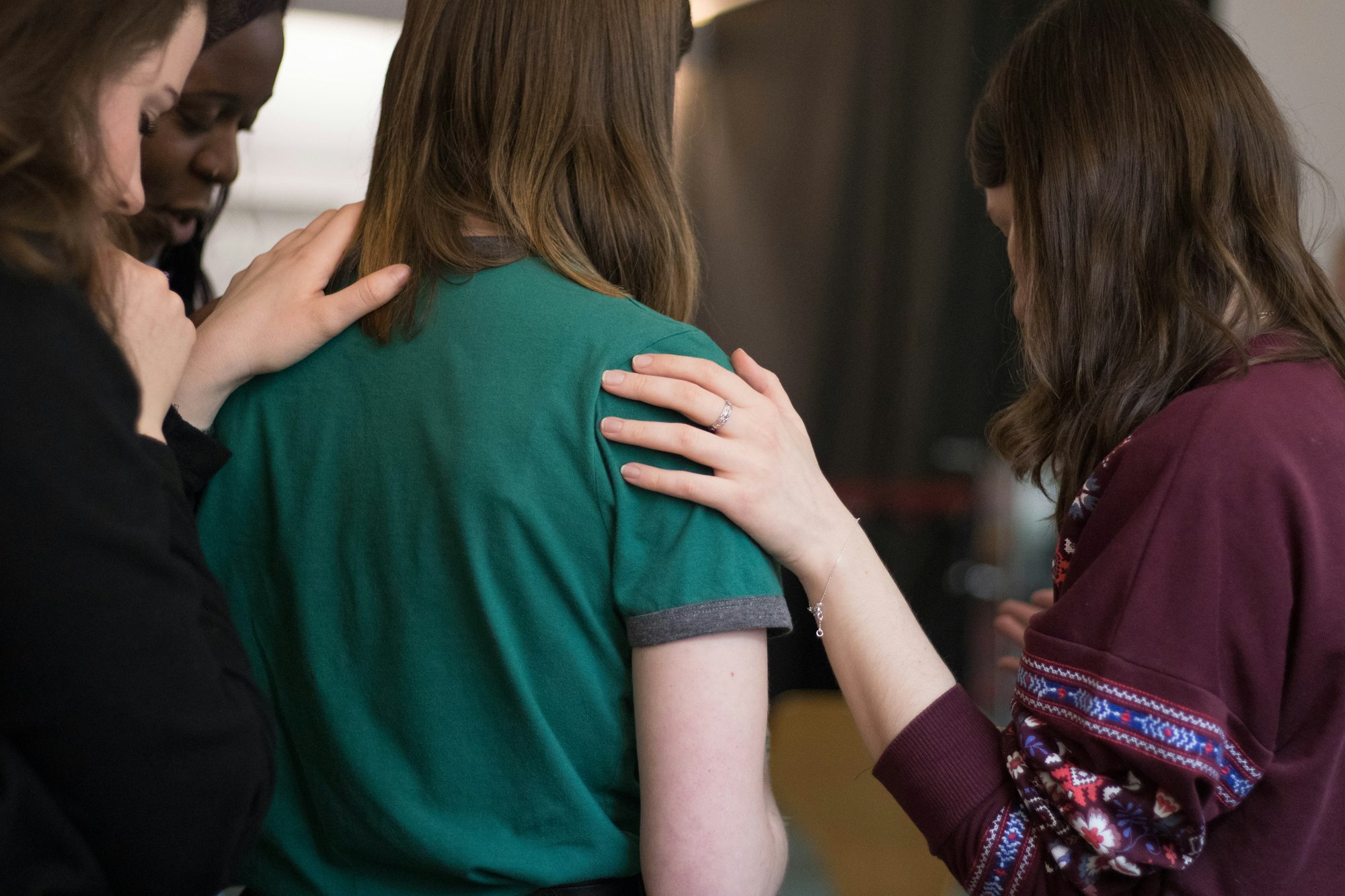Aftercare Funeral Services Every Funeral Director Should Offer
Scroll DownThe grieving process does not end once the funeral is over. As a funeral director the service you provide after the ceremony is just as important as everything you do before and during the funeral. Every funeral home should provide a thorough aftercare program to their customers, enabling them to manage their grief and find support once the body of their loved one has been laid to rest.
But what is aftercare, and how can you, as a funeral director, establish a program that best meets the needs of your clientele? The following guide looks at the benefits of funeral aftercare and the different services you can provide.
What is Funeral Aftercare and Why is it Important?
Funeral aftercare is a service that assists with the recovery of those grieving from the loss of a loved one. Grief is a complicated process and can manifest itself in a huge variety of different ways. Some people are transparent and communicative in their grief, preferring to talk about it and connect with their loved ones. Others however, may instead become more insular, keeping their feelings to themselves and dealing with their emotions in their own way.
A funeral aftercare program should be designed to provide benefits for everyone, no matter what their proximity to the deceased or the form their individual grief may take. It provides a means of healing and support, offering resources to equip the bereaved with the tools and techniques to celebrate the deceased’s memory while also moving on with their own lives. Furthermore, a good grief management service will establish a bridge between the funeral home and its clientele long after the funeral service has finished, enabling regular and meaningful communication between all parties. It is important that all staff are aware of and trained on aftercare best practice.
What Aftercare Funeral Services Can You Offer?
There is no right or wrong way to provide funeral aftercare to your customers, as there are many different approaches to managing grief and enabling the healing process. Take care to understand each family's circumstances and what might be most appropriate in each case. Here are a few ways that funeral directors can open up lines of communication and provide support for the bereaved after the funeral service is over.
Keep in touch
The value of keeping in touch with the families you have served cannot be overstated. Sometimes the seemingly simple things are the most appreciated. Simply checking in on someone is a huge gesture that means a great deal to those who are struggling with the loss of a loved one. It will not only provide them comfort, but is also a practical way to offer advice and guidance for healing.
Make follow up phone calls, or even a personal visit, in the days immediately after the service. Remind them that they are in your thoughts and you are there to support them if they need it. A personal card or note on an anniversary is also a thoughtful personal touch. Going forward, you can continue to maintain communication through a regular grief support newsletter as well as invitations to community events. Not only will these kind of follow ups be incredibly helpful, but it will also ensure families will think of you if they need a funeral provider in the future, and perhaps even recommend you to others in need.
If you are using funeral software to manage your business you may be able to automatically set reminders or even automate your follow up. Be sure to give a clear option to opt out of communications if you are using email or other digital communications. This shows consideration toward the receiver but, more importantly, is required by law.

Run support groups
A grief support group or workshop is one of the best ways for those who have lost someone to receive aftercare funeral assistance. It can be difficult to process and articulate your emotions when you have gone through a major trauma, and talking to people who understand what you are going through and have been through similar situations can be an immense source of consolation. Hosting a regular group will enable your customers to talk through their feelings or just find healing through listening and companionship. In this role you will act as a facilitator and help guide conversations and share experiences.
Provide grief support materials
For those who are not ready to talk or be around people, a grief support library can be a great starting point. Printed booklets, books, magazines, and videos are all great ways to provide assistance and practical advice for dealing with grief. Your customers should feel free to come in at any time and seek the information they need to process and heal. You don't necessarily need to produce any material yourself. Try to collect feedback on the best resources so you are in a good position to recommend the right resources for the right person.
Alleviate the burden
In the aftermath of a loved one’s death, there is often a lot of work to be done by the family. It’s a hugely stressful time, and one of the most valuable aftercare services you can provide is to help them alleviate the burden. For example, holding a rummage sale or charity donation drive to enable the family to offload the deceased’s belongings to those who need them. You could even put a call out for local volunteers to provide household assistance in the days following the funeral, asking people to use their skills to help mow lawns, look after pets, and care for children. Every community is different, and an independent funeral director who is embedded in the neighbourhood will have a good idea of what practical actions can be undertaken.

Hold community events
A community event, whether for a particular holiday or just a social get together, is a fantastic way to bring people together and establish a spirit of community and goodwill. This kind of aftercare is particularly useful for those who may not have a close support network of family and friends around them. Hold regular events, inviting your past customers as well as members of the local community. You could even feature talks from speakers of various faiths about spirituality and loss. For many this can help break the taboo around death and mourning.
Many events can now be held digitally so consider hosting regular online meetups. This can often be an efficient way of keeping in touch with a large customer base without the cost of hiring or finding a suitable space. For many it is also a more convenient way to attend.
Send gifts
Sending a gift to the families you have helped is not only part of aftercare but shows that you are thinking of them and the person they have lost. Perhaps sending a personalised ornament or flower arrangement to each family or individual who has lost a loved one, or a small token of your thought on subsequent anniversaries. It doesn’t have to be a big or expensive gift as long as it is sincere. It it is the mere act of charity and thoughtfulness that will mean a great deal.
In conclusion, there are so many excellent ways funeral directors can provide aftercare funeral services to their clients. Adopt the methods that suit your business and its customers and you will immediately appreciate the enormous positive impact aftercare can have on the bereaved.

Comments powered by Talkyard.